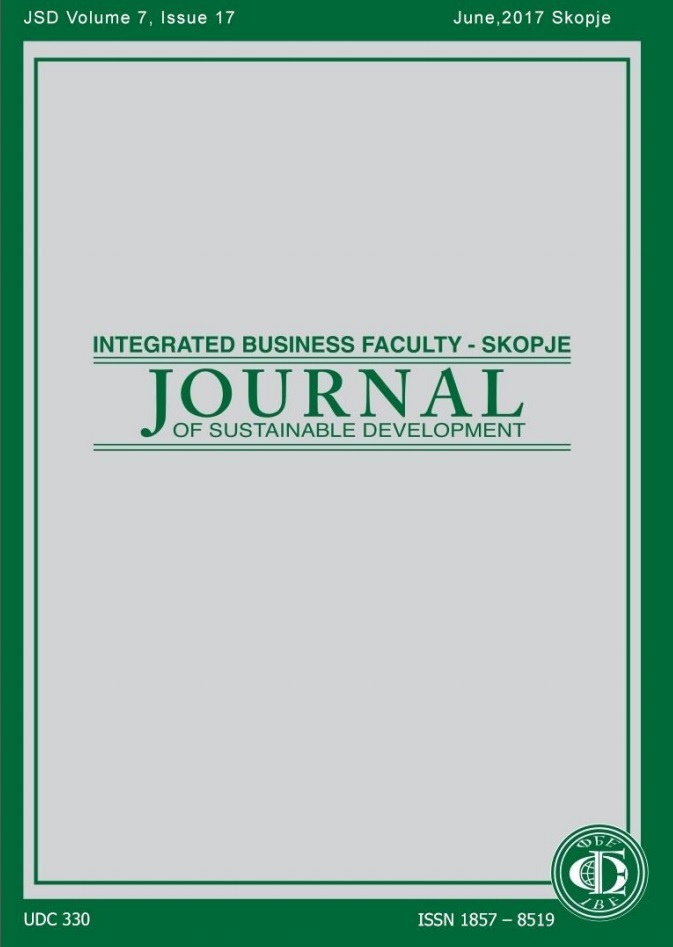THE RELATIONSHIP BETWEEN THE ATTITUDES OF MARX, KEYNES AND THE NEW KEYNESIANS TOWARDS THE ECONOMIC CRISIS
THE RELATIONSHIP BETWEEN THE ATTITUDES OF MARX, KEYNES AND THE NEW KEYNESIANS TOWARDS THE ECONOMIC CRISIS
Author(s): Krste Sajnoski, Violeta Madzova, Tatjana BoshkovSubject(s): Supranational / Global Economy, Marxist economics, Labor relations, Socio-Economic Research
Published by: Факултет за Бизнис Економија
Keywords: unemployment; decreased demand; inequality; stimulation of the consumption; unconventional measures of the monetary policy; global character of the crisis; global currency
Summary/Abstract: In terms of the treatment of the global financial and economic crisis after World War II, Karl Marx and John Maynard Keynes rose to the surface after a long period of suppression of their knowledge about the crisis whereas the New Keynesians made a contribution to overcoming it. Starting from the crisis as an economic phenomenon having an internal logic of development, we have analyzed whether there exists a relationship between the attitudes of Marx, Keynes and the New Keynesians. After having reviewed separately the apparently contradicted opinions of the authors, we found out that there is a relation between them which makes them complementary. The differences arise out of the method for analysis of the crises and of the conditions under which they emerged and needed to be overcome. However, their common denominator is the insufficient demand even though they find its reasons within the different phases of expanded capital reproduction. They mostly differ in the way of overcoming the crises taking into account the different systemic conditions which they had at their disposal and the constant tightening of the contradictions in the national economies and at a global level. In fact, the changes of the systemic conditions were made in order to mitigate those contradictions. This knowledge elicits a contemporary political economic approach to crises in order to accost them more effectively or to overcome them efficiently if they occur, taking into account their negative socio-political repercussions.
Journal: Journal of Sustainable Development
- Issue Year: 7/2017
- Issue No: 17
- Page Range: 132-148
- Page Count: 17
- Language: English

